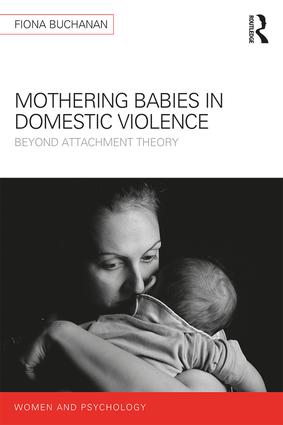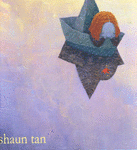This unique book offers an innovative feminist critique of attachment theory that offers an alternative understanding of relationships between women and their babies in domestic violence. Fiona Buchanan identifies a way forward for working with women, babies and people who have grown up with domestic violence focusing on strengths not deficits. In doing so, she raises new possibilities for work with women and babies in other situations where trauma impacts on their relationships.
In line with feminist traditions of listening to the voices of women, this book theorizes from research which asks women who birthed and mothered babies in domestic violence about their experiences. The research identifies that women respond with protectiveness when faced with sustained hostility from their partners and protected their babies in many ways not recognised by attachment theorists. However, sustained hostility often targets the growing relationship between women and their babies and limits space for the woman and baby to peacefully relate. This book offers deep insights and a new model for working with women, babies and those who have grown up with violence based on understanding the context of sustained hostility, appreciating women’s protectiveness and expanding space where women and babies can relate.
The author calls for practitioners across health and welfare settings to explore the situations in which women mother; women’s protective thoughts feelings and actions and how they find space to relate. This is the ideal resource for researchers, policy makers and practitioners, as well as women and people who grew up with domestic violence.
Contents:
- Acknowledgments
- 1. Situating relationships between women and their babies in domestic violence
- 2. Current debates, new understandings: Domestic violence and its effects on women, babies and the relationships between them
- 3. A new approach: Connecting emotions, experiences and relationships
- 4. Context: Sustained hostility
- 5. Relationality: How sustained hostility leads to increased protectiveness
- 6. Subjective agency-creating space and achieving change
- 7. Looking forward: Moving from attachment theory to a model of protective connection
- References
- Index
Author Bio:
Fiona Buchanan is a lecturer in Social Work at the University of South Australia. Fiona worked with survivors of domestic violence in the UK and Australia for many years before moving into academia. She has published widely in social work and domestic violence journals.
Review:
“This book is a ‘must read’ for anyone working in the area of mothers and their babies. Within this arena will always be women and their babies living with and attempting to leave situations of domestic violence. Fiona Buchanan provides a challenge and a ‘wake up’ call to workers in the area to explore the ways in which women’s protectiveness is galvanised and demonstrated when living with domestic violence. Working with 16 women to explore their experiences of living through domestic violence with their babies provides an in-depth and emotional rendering of the way in which women and their babies survived abuse at the hands of men who use violence, coercion and control. This book provides new evidence and insights in an area where mother-blaming is rife and the motivations and actions of women are frequently misunderstood.” – Cathy Humphreys, Professor of Social Work, University of Melbourne, Australia.





